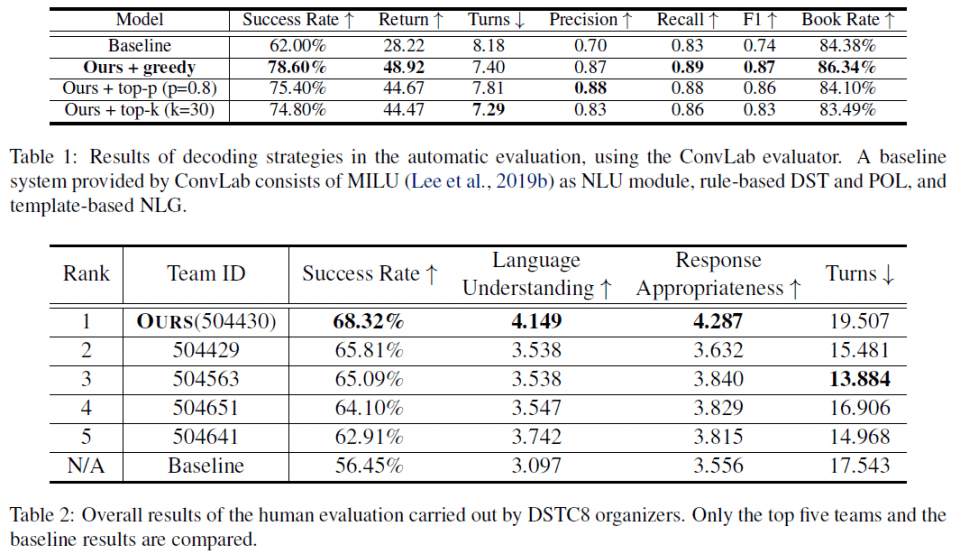Understanding How Credit Score Affects Auto Loan Rates: A Comprehensive Guide
#### Credit Score Auto Loan RatesWhen it comes to securing an auto loan, one of the most critical factors that lenders consider is your credit score. Your c……
#### Credit Score Auto Loan Rates
When it comes to securing an auto loan, one of the most critical factors that lenders consider is your credit score. Your credit score plays a significant role in determining the interest rates you will be offered on your auto loan. In this comprehensive guide, we will explore the relationship between credit scores and auto loan rates, helping you to understand how to improve your score and secure the best possible rates for your next vehicle purchase.
#### The Importance of Credit Scores
Your credit score is a three-digit number that reflects your creditworthiness based on your credit history. It ranges from 300 to 850, with higher scores indicating better credit health. Lenders use this score to assess the risk of lending you money. A higher credit score typically translates to lower interest rates on loans, including auto loans. This is because lenders view borrowers with higher scores as less likely to default on their payments.
#### How Credit Scores Impact Auto Loan Rates

Auto loan rates can vary significantly based on your credit score. Generally, borrowers with excellent credit scores (740 and above) can secure the most favorable rates, often below 4%. In contrast, those with lower credit scores may face rates exceeding 10% or even higher. This disparity can lead to substantial differences in the total cost of the loan over time. For instance, a borrower with a $20,000 loan at a 3% interest rate will pay significantly less in interest over the life of the loan compared to someone with a 10% rate.
#### Improving Your Credit Score
If you’re planning to apply for an auto loan, it’s wise to check your credit score in advance. There are several steps you can take to improve your score before applying:
1. **Pay Your Bills on Time**: Your payment history is one of the most significant factors affecting your credit score. Consistently paying your bills on time can help improve your score.

2. **Reduce Your Debt**: Lowering your credit card balances and overall debt can positively impact your credit utilization ratio, which is another key component of your score.
3. **Check Your Credit Report**: Regularly reviewing your credit report can help you identify any errors or inaccuracies that may be dragging down your score. Disputing these errors can lead to improvements.
4. **Limit New Credit Applications**: Each time you apply for credit, a hard inquiry is made on your report, which can temporarily lower your score. Limit applications for new credit before applying for an auto loan.
#### Shopping for Auto Loan Rates

Once you have a good understanding of your credit score and have taken steps to improve it, it’s time to shop for auto loan rates. Different lenders offer varying rates based on their criteria. It’s advisable to get quotes from multiple lenders, including banks, credit unions, and online lenders. This will help you compare rates and find the best deal.
#### Conclusion
In summary, your credit score significantly influences the auto loan rates you will receive. Understanding this relationship is crucial for making informed financial decisions. By taking steps to improve your credit score and shopping around for the best rates, you can save money and secure a loan that fits your budget. Whether you are a first-time car buyer or looking to refinance an existing loan, being aware of how credit scores affect auto loan rates can lead to better financial outcomes.